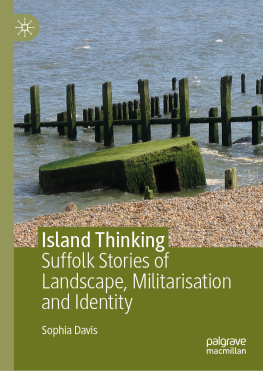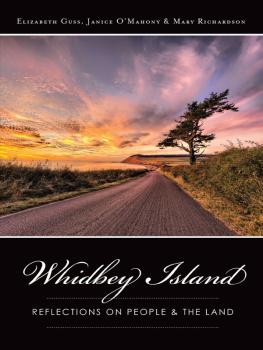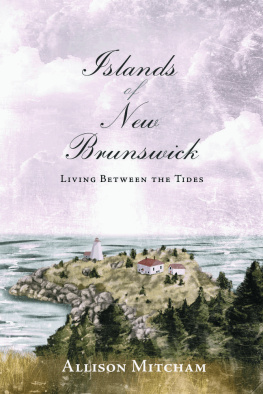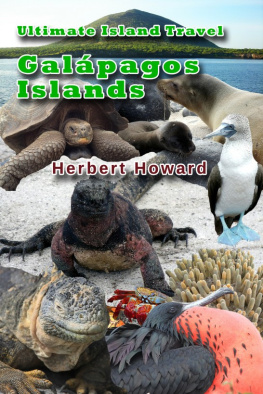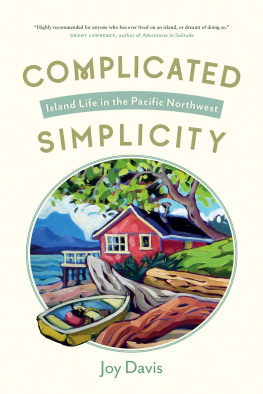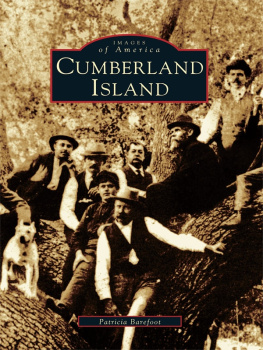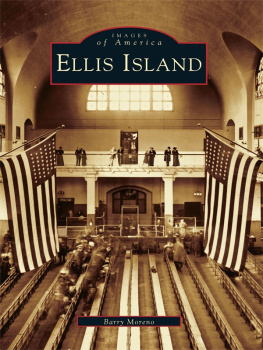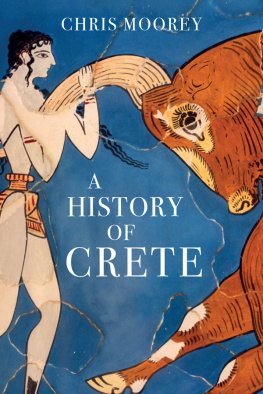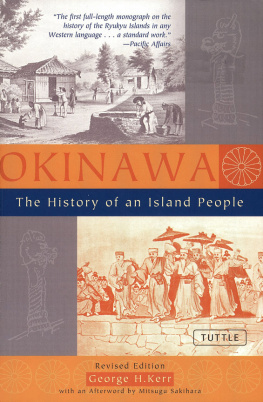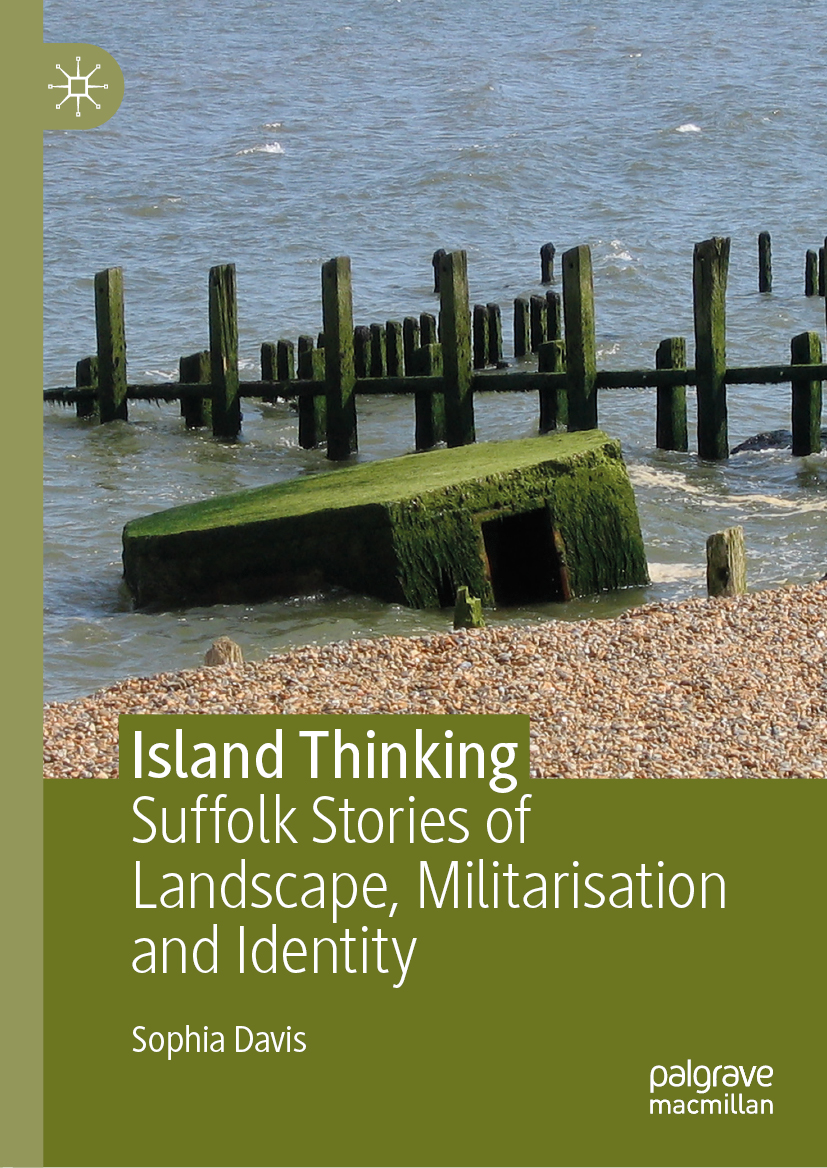Sophia Davis
Island Thinking Suffolk Stories of Landscape, Militarisation and Identity
Sophia Davis
Berlin, Germany
ISBN 978-981-13-9675-5 e-ISBN 978-981-13-9676-2
https://doi.org/10.1007/978-981-13-9676-2
The Editor(s) (if applicable) and The Author(s), under exclusive license to Springer Nature Singapore Pte Ltd. 2020
This work is subject to copyright. All rights are solely and exclusively licensed by the Publisher, whether the whole or part of the material is concerned, specifically the rights of translation, reprinting, reuse of illustrations, recitation, broadcasting, reproduction on microfilms or in any other physical way, and transmission or information storage and retrieval, electronic adaptation, computer software, or by similar or dissimilar methodology now known or hereafter developed.
The use of general descriptive names, registered names, trademarks, service marks, etc. in this publication does not imply, even in the absence of a specific statement, that such names are exempt from the relevant protective laws and regulations and therefore free for general use.
The publisher, the authors and the editors are safe to assume that the advice and information in this book are believed to be true and accurate at the date of publication. Neither the publisher nor the authors or the editors give a warranty, expressed or implied, with respect to the material contained herein or for any errors or omissions that may have been made. The publisher remains neutral with regard to jurisdictional claims in published maps and institutional affiliations.
Cover image: Sophia Davis
This Palgrave Macmillan imprint is published by the registered company Springer Nature Singapore Pte Ltd.
The registered company address is: 152 Beach Road, #21-01/04 Gateway East, Singapore 189721, Singapore
In this thoughtful and illuminating book, Sophia Davis asks us to consider the imaginative appeal of what it means to be an island. Taking in the view from the shores of the Suffolk coast, Island Thinking looks at how ideas of nationhood, identity, defence and nature become bound together in place. This book uncovers the stories of how this small, seemingly isolated part of England became significant to emerging national narratives about Englishness, its rural inheritance and its future military technological prowess.
Rachel Woodward, Professor of Human Geography, School of Geography, Politics & Sociology, Newcastle University, UK, and author of Military Geographies
Sophia Daviss Island Thinking offers a fascinating and compelling account of mid-twentieth-century Englishness, as seen through a rich archipelagic history of one of Englands most peculiar and most iconic counties, Suffolk. Davis leads the reader through the intensely local impacts and affects of profound historical and global change, and reads the landscape wisely and well for what it can tell us about the dramatic transformations of English culture through and after the Second World War.
Professor John Brannigan, University College Dublin, and author of Archipelagic Modernism: Literature in the Irish and British Isles, 18901970
Through close scrutiny of Suffolk stories, Sophia Davis offers a compelling narrative of islandness in England from the mid-twentieth century. These accounts of landscape and militarisation, migration and the natural world, show how island thinking invokes both refuge and anxiety, security and fear. In looking back, Island Thinking captures ongoing English preoccupations.
David Matless, Professor of Cultural Geography, University of Nottingham, and author of In the Nature of Landscape
Island Thinking expertly takes the reader into the secrets of the Suffolk countryside in a way that no other study has. Adeptly guiding the reader through the historical layers of its twentieth century landscape, Davis exposes the deeper roots of how the nation relates to itself, using Suffolk to trace the broader themes of isolation, defense, heritage, and nostalgia. Anyone with a fascination with the countryside will enjoy the way that the countys traditions of silence and secrecy were punctuated by pioneering conservationists, returning avocets, ex-servicemen, and the rewilding of abandoned ruins. Beautifully researched and written, the reader can discover in Island Thinking a parable for our times as we seek an understanding of how this landscape has done so much to create a sense of Englishness. This superb scholarly researched study marks an invaluable new contribution to British landscape history.
Michael Bravo, Director of the Scott Polar Research Institute, University of Cambridge
Acknowledgements
This book has been a long time in the making. It is largely based on a Ph.D. that I completed back in 2010, and it finally reaching the world owes a lot to Professor Nick Jardine, one of my mentors at Cambridge, who periodically and encouragingly nudged me in this direction. Nick was a wonderful support during writing the thesis, and an inspiring role model in the department, with his enduring capacity to find things fascinating and his devotion to teaching. I am also hugely indebted to Helen Macdonald for sparking my interest in the history of nature conservation and natural history and their weird entwining with military themes. Working with Helen during my M.Phil. both propelled my analytical and writing abilities and emboldened me to do the Ph.D., and it was a joy to have her energy, encouragement and guidance throughout the process of creating that thesis. Although I was based in history and philosophy of science, my work encroached increasingly on the territory of cultural geography, and I benefited greatly from discussions with Michael Bravo over in the geography department at Cambridge. Another cultural geographer to whom I am deeply thankful is Professor Hayden Lorimer, who examined the thesis and gave me a lot of time and support in developing postdoc ideas. Back on home turf, I am very grateful to Professor Simon Schaffer for a particularly helpful chat near the end of the thesis writing process. Simon was another very inspiring presence for me in the history and philosophy of science department through his generosity and openness to discussing with students.
That particular chat took place at the Eagle pub, at the end of our departments street, and where many a lively and thought-provoking discussion took place after our weekly departmental seminar. Both the Eagle and the tearoom up on the top floor of the department were key sites for my own intellectual development, and I am very thankful for having experienced such a warm, open academic atmosphere. My thanks go to Tamara Hug and all the staff at the department for their work in shaping it to be like that, and I greatly appreciated wide-ranging conversations there with my colleagues, particularly Leon Rocha, Rebecca Wexler, Nicky Reeves, Saffron Clackson, Ruth Horry, Josh Nall, Boris Jardine, Nick Tosh and Christina MacLeish. Some of them joined me for various trips to the Suffolk coast, including a field trip to Orford Ness with the departments Cabinet of Natural History, and Boris kindly supplied me with some photos from one of those trips. This book is also the product of explorations in second-hand bookshops, as well as wandering around Suffolk by car and foot.

